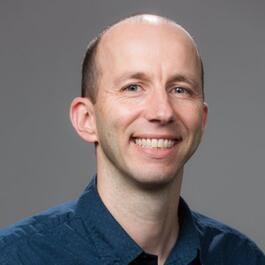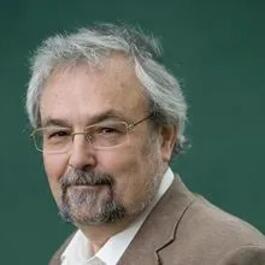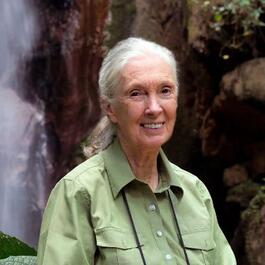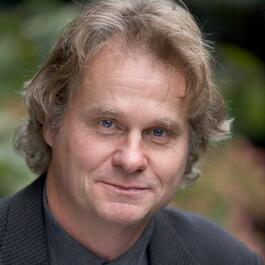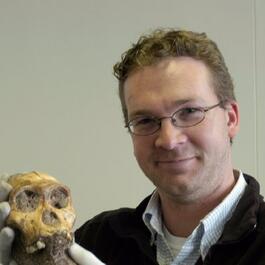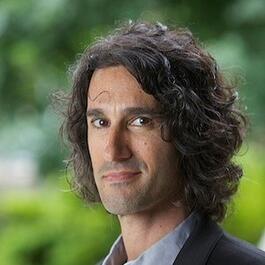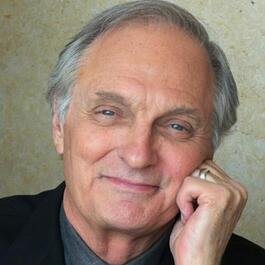Anthropologists
119 profilesAnthropologists to follow
Interviews with anthropologists
Based on freshness and the participants' profile rank
Dr. Robin Dunbar - Legendary Evolutionary Behavioral Scientist (The Saad Truth with Dr. Saad_910)
Robin is a professor emeritus of evolutionary psychology of the Social and Evolutionary Neuroscience Research group in the Department of Experimental Psychology at the University of Oxford. He is the author of many books including: Grooming, Gossip and the Evolution of Language (1997) Human Story (2004) How Many Friend
Unlike most other land animals, we can live almost anywhere – from deserts, to mountains, rain forests, even the arctic. We are supremely adaptable, and that adaptability has led to our diversity – not only in our biology but also in our cultures. Hosted by Simplecast, an AdsWizz company. See pcm.adswizz.com for inform
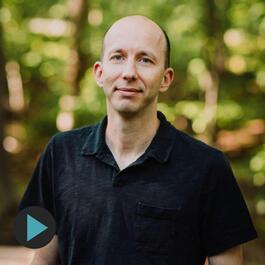
Herman Pontzer – The Surprising Science of Human Diversity and Evolution
As an evolutionary anthropologist working with human populations around the globe, Herman Pontzer has conducted research that reveals the wonder of our species's evolution and our biological diversity, documenting the connections between lifestyle, landscape, local adaptations and health. He joins Robin Ince to reveal
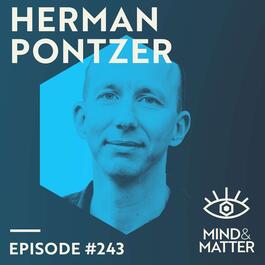
Evolution & Variation in Human Diet, Energy Expenditure & Metabolism | Herman Pontzer | 243
Send us a text Human metabolism, primate evolution, and modern health challenges with evolutionary anthropologist Herman Pontzer. Episode Summary: Anthropologist Dr. Herman Pontzer discusses human evolution and metabolism, comparing humans to primates like chimps and gorillas to explain our higher energy use, bigger br
The Power of Adaptability with Herman Pontzer
What’s the science of what makes humans special? Neil deGrasse Tyson, Chuck Nice, and Gary O’Reilly explore how we evolved to be different from eachother, what's up with Neanderthal DNA, and humanity's superpower with evolutionary anthropologist, Herman Pontzer. NOTE: StarTalk+ Patrons can listen to this entire episode
Herman Pontzer (Adaptable: How Your Unique Body Works and Why Our Biology Unites Us) is an evolutionary anthropologist, author, and associate professor at Duke University. Herman joins the Armchair Expert to discuss growing up at the end of a dirt road in a house his dad built, unpacking the dark history of anthropomet

